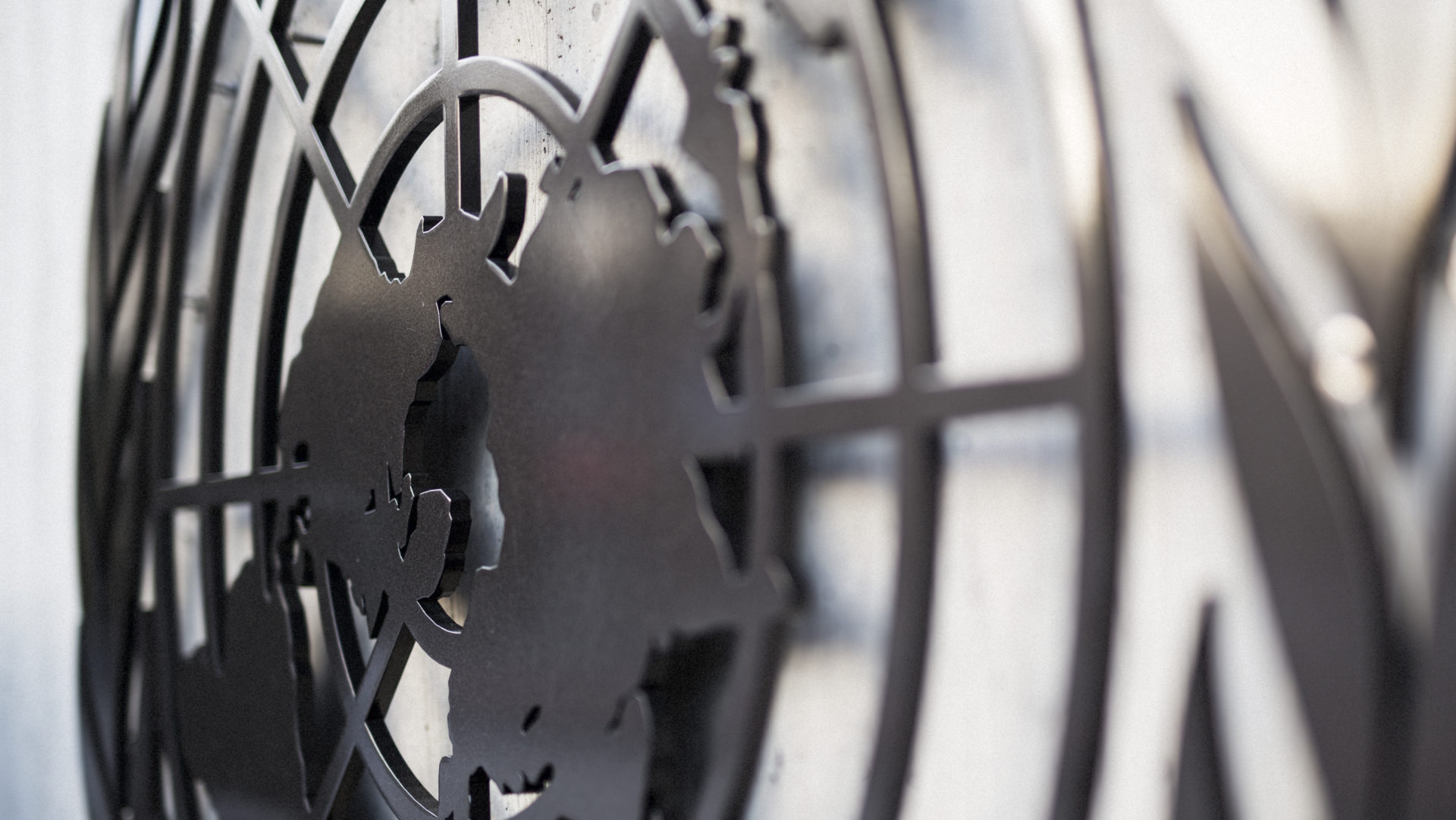We thank the Deputy High Commissioner for her update to the Council and take note of the lack of progress on human rights that is indicated in the latest report. We will focus our comments on Crimea.
Mr Chairperson.
After Russia occupied Crimea it seized control of communications frequencies, including those used for transmission of radio and television. Many local journalists subsequently left Crimea – or their profession – while more than ten Crimean media outlets moved to the territory of the mainland Ukraine.
At the same time, more than thirty Ukrainian media outlets have been blocked online in Crimea. Russia now tightly controls the spread of information in Crimea and uses it for the distribution of propaganda and hate speech. Most instances of hate speech are directed against Ukrainians, Crimean Tatars, Muslims and other groups. Russian authorities also seek to control freedom of expression on social networks in Crimea.
With no independent media organisations left in Crimea and with professional journalists facing serious risks reporting from Crimea, citizen journalists are those who often report and provide video streaming to social networks in cases of human rights violations. They are now on the frontline of systematic rights violations committed by occupational authorities. In many cases, citizen journalists who report on the draconian searches and other violations of Crimean Tatar houses have received administrative punishment, including administrative arrest and fines.
Russia continues the practice of misusing anti-terrorist and anti-extremist legislation to persecute dissidents, including journalists and bloggers such as Mykola Semena, Nariman Memedeminov, Igor Movenko, Larisa Kitayska, Crimean Tatar activists such as Edem Smailov, Server Mustafayev – both in pre-trial detention, as well as Akhtem Chyigoz, Ilmi Umerov (who were both previously detained), Suleiman Kadyrov, and religious groups such as Hizb ut-Takhrir, Jehovah’s Witnesses, Tablighi Jamaat.
The illegal conscription of Ukrainian citizens into the Russian army is effectively a war crime and continues to occur. The Crimean residents who have been drafted into the Russian Federation’s Armed Forces, continue to be sent on military service in Russia. Alongside the inclusion of Crimeans in land force operations, Russian naval ships manned with Crimean residents have participated in campaigns in the Mediterranean Sea, including in military engagement in Syria. This has the effect of further intensifying militarisation of the peninsula, and threatens the involuntary engagement of Crimeans into Russia’s military confrontations.
Medical treatment in penitentiary facilities, especially in Simferopol CIZO, is very poor. A number of detainees have died or have not received timely and efficient medical help. The most vulnerable are those who have been tortured or are seriously ill. Competent medical professionals are almost always unavailable in places of detention. This is further compounded for individuals who are in detention on political grounds, and who have effectively no likelihood of transfer to medical or hospital facilities should they require it. Examples of individuals who are currently in detention or prison, and who have experienced a rapid deterioration in their health while incarcerated, include: Volodymyr Balukh, Dmitriy Shtyblikov, Aleksandr Kol’chenko, Oleg Sentsov, Vladimir Dudka, Andrey Zakhtey, Kiazim Ametov, Andrii Kolomiets, Bekir Degermendji, Asan Chapukh, Arsen Djepparov, Emir-Usein Kuku. Some of these individuals (Sentsov, Balukh, Kuku) are now some way into lengthy hunger strikes further accentuating the need for urgent assistance.
Politically motivated cases against Ukrainian citizens are closely linked to the use of torture and other cruel, inhuman or degrading treatment or punishment by the Russian authorities in Crimea. Torture and cruel treatment are used routinely by the police and the Russian Federation’s Federal Security Service (FSB). These methods are used for forced confessions, inducing detainees to conclude a deal with the investigation, and forcing them to refuse the services of lawyers under the agreement in favour of investigator-appointed lawyers that work together with the FSB. To achieve these goals, victims are often beaten, tortured, throttled, threatened with sexual violence, and blackmailed by the fate of their loved ones. None of these cases have been effectively investigated.
Finally, Ukraine must ensure that it fulfils its obligations to its own citizens. Ukraine should avoid discrimination of Crimean residents and simplify administrative procedures for them on mainland Ukraine; guarantee state support for Ukrainian political prisoners in Russia and Crimea and their families; and ensure Crimeans have access to Ukrainian citizenship.
Mr Chairperson.
We ask the Deputy High Commissioner whether she thinks the Council should consider any new initiative or mechanism to try and move the situation forward in Ukraine, particularly the human rights situation in Crimea and urgent need to release Ukrainian political prisoners kept in Russia and occupied Crimea?
Thank you.
This statement also enjoys support from the following organisations:
• Crimean Human Rights Group
• Human Rights Information Centre
• Regional Centre for Human Rights
• Ukrainian Helsinki Human Rights Union (UHHRU)





